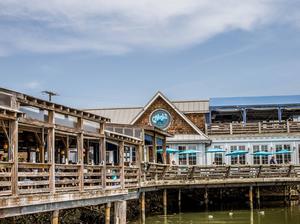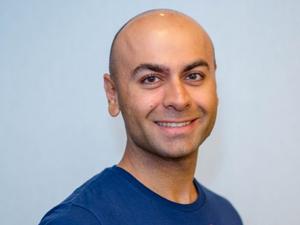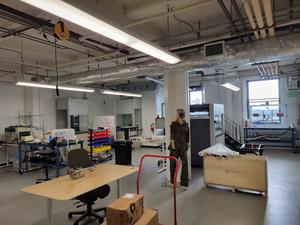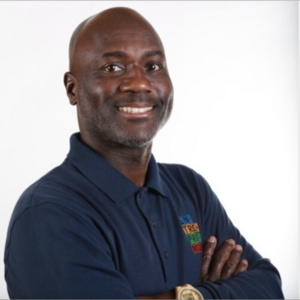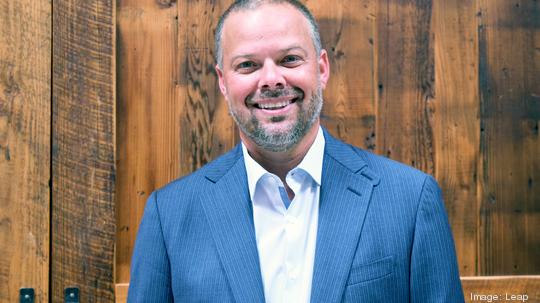
When a fast-growing Columbia software company announced this month that a San Francisco private equity firm was taking a majority stake, the employees of Leap were not surprised.
In fact, they’d already hung up signs around the building to welcome the investor.
Leap makes software for home contractors and currently has about 70 employees. CEO Patrick Fingles said the company has had an aggressive growth strategy ever since he founded the firm in 2016. Since then Leap has been “bootstrapping,” Fingles said, but now it needed capital to continue growing.
So Fingles took what he said was a bit of an untraditional approach to his search for capital: He got his employees involved.
When members of Nexa Equity came from California to Columbia to check out Leap in person, Fingles said the welcome signs were up and they made employees available to talk.
“I think transparency is king when it comes to employees,” Fingles said, adding that better communication builds loyalty.
Nexa apparently agreed.
The private equity firm, which has more than $200 million in private equity capital under management, made a majority growth investment in Leap. (The companies did not release financial details of the deal.)
Leap is one of Greater Baltimore’s fastest-growing private companies. The BBJ reported this fall that the company grew from about $2 million in revenue in 2018 to nearly $5.6 million in 2020. According to a press release, Leap serves more than 700 home contracting businesses, processing more than $4 billion of estimates and $1 billion of loan volume annually.
“We’ve had a really aggressive growth strategy,” Fingles said. “It’s part of our DNA since the beginning … this was about timing for us. We didn’t need the capital to create a new growth strategy.”
Rather, Leap needed capital to bolster its existing strategy, so Fingles said he started planning to find an investor about two years ago. The coronavirus pandemic delayed the process by about a year.
Fingles described the investment from Nexa as similar to the culmination of an intense courtship.
“It’s like a dating game,” Fingles said. “You gotta pick a partner … You cast a wide net and you start with potentially 40 or 50 suitors.”
From there, the list gets whittled down through top-level phone calls, then hours-long Zoom calls, he said. At last, it’s time for the in-person meet.
When Nexa came to town, Fingles said they dined at the Stanford Grill. The next day, they saw the office and ate crab cakes.
Fingles found Nexa “gritty,” which he said gelled with his “scrappy” company.
“Grit and scrap gets you far,” Fingles said.
Now, the focus is again on growth.
“We plan to grow at a rate north of 50% next year,” Fingles said, adding that Leap expects to have more than 100 employees by the end of 2022.
Most employees are currently based in Maryland, Washington, D.C., and Virginia, Fingles said, though the company will continue to allow employees more flexible working situations and will expand its “hiring footprint.”
Fingles had three tips for other founders looking for an infusion of capital: Start planning now, be honest with the employees, and find the right partner who makes cultural sense.
“Don’t just make it about economics,” he said.
